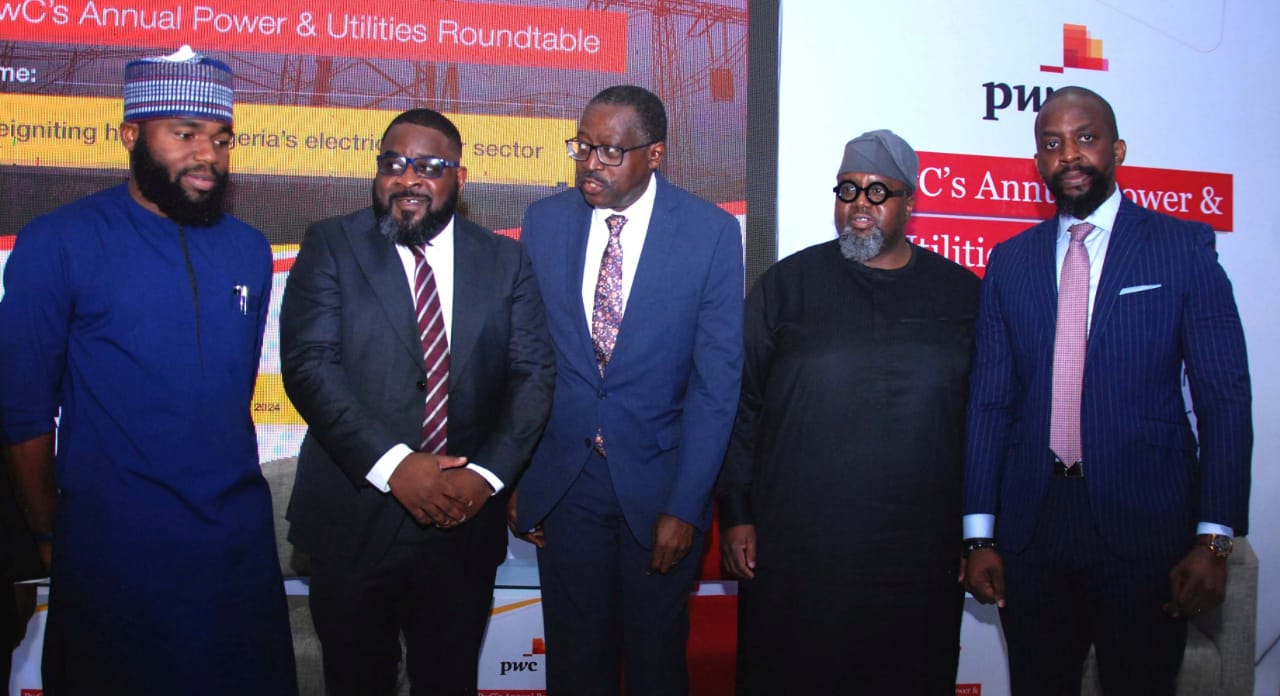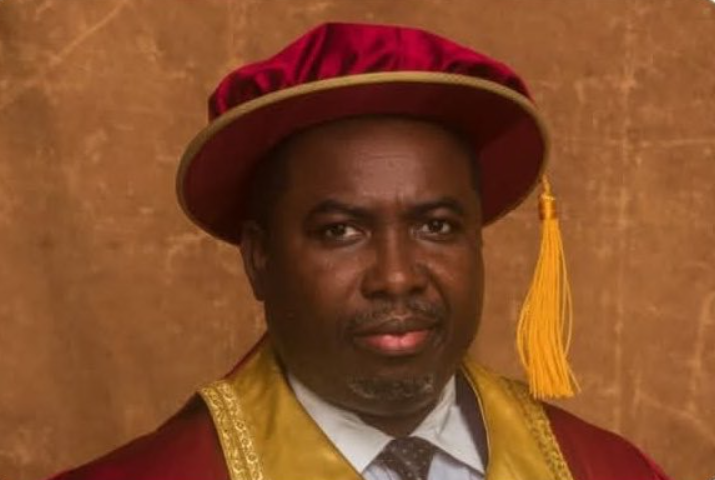
The minister made the call at the PwC’s yearly Power and Utility Roundtable in Lagos, yesterday, on the theme: ‘Reigniting hope in Nigeria’s electric power sector’.
The minister spoke just as it was disclosed that the Federal Government was expected to spend N2.4 trillion on electricity subsidies by the end of 2024, indicating a 293 per cent increase from the N610 billion spent last year.
Commissioner for Planning, Research, and Strategy at the Nigerian Electricity Regulatory Commission (NERC), Yusuf Ali, also speaking at the same event, pinned the sharp increase on subsidy on the macroeconomic environment of Nigeria.
But the minister, who was represented by his Chief Technical Advisor, Adedayo Olowoniyi, said the current system disproportionately benefited individuals, who consumed the most energy and had the financial capacity to pay for it, leaving the economically vulnerable with less support.
“In any market, subsidies are meant to assist those at the edge of the economy, who struggle to pay for electricity. However, in Nigeria, the largest portions of subsidies have been directed to areas with the highest per capita income,” the minister lamented.
He noted that while reforms, such as the introduction of the Band A tariff system, had begun to address the imbalances, more work was needed to align the subsidy framework with its intended purpose.
“Our successes so far have been encouraging, but we are actively addressing these challenges to ensure energy security and sustainability across the country,” he added.
The minister emphasised the need for a subsidy model that would prioritise fairness and efficiency to support consistent energy delivery in Nigeria. According to him, the largest share of subsidy benefit individuals, who consume the most electricity and have the highest capacity to pay, rather than those who genuinely need financial support.
Adelabu emphasised that the theme of the roundtable captures the vision embraced by the administration, aimed at transforming challenges into opportunities and delivering tangible progress to every Nigerian.
In his contribution, the acting MD/CEO of Nigeria Bulk Electricity Trading Plc (NBET), Johnson Akinnawo, who spoke during a panel session, emphasised the urgent need to sensitise and educate the public and the downstream consumers about the true nature of electricity.
According to him, electricity should no longer be seen as just a government-provided service but as a product with a cost, reflecting the significant investments involved in its generation, transmission, and distribution.
He pointed out that many Nigerians still viewed electricity as a basic necessity provided by the government, a mindset that had hindered the sustainable development of the power sector.
“Electricity is not just a service, it is a product, and like any other product, it comes with a price. The cost of delivering electricity involves a complex value chain, from generation to final consumption, and every step of the process requires substantial financial input from investors”, Akinnawo said.





